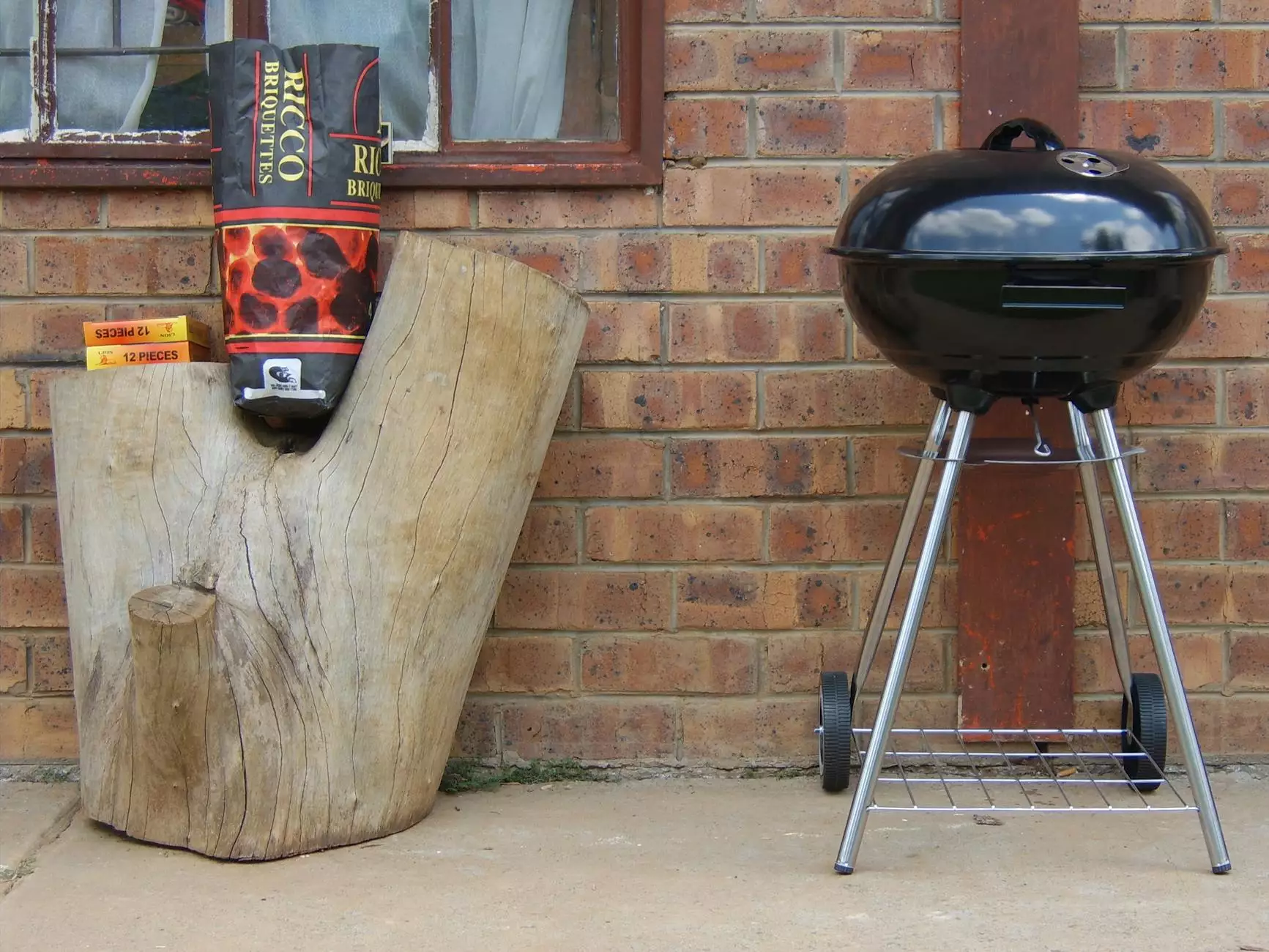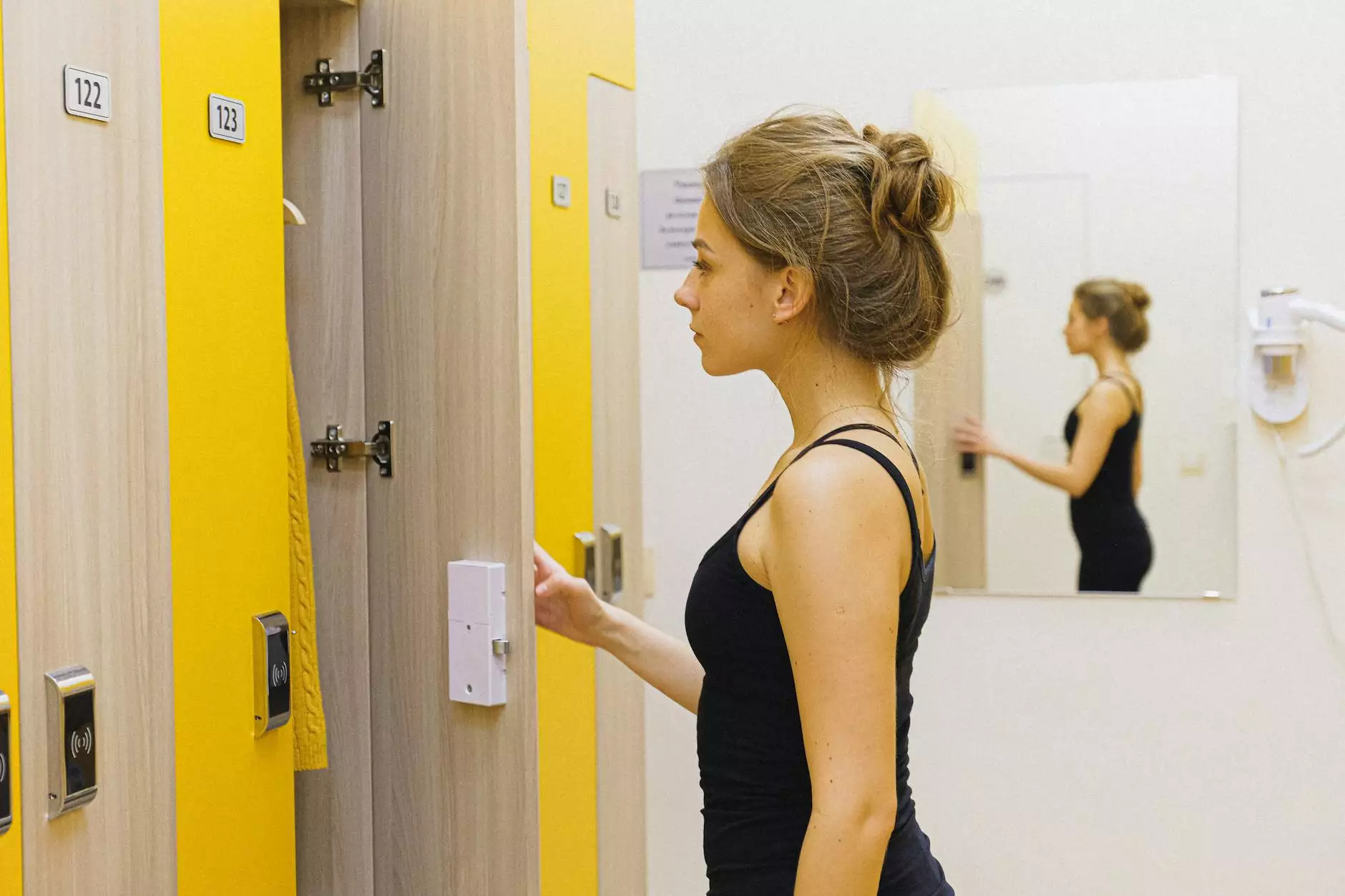Unlocking the Potential of Hardwood Briquettes

In today's world, where energy conservation and sustainability are paramount, finding efficient and environmentally friendly fuel options has become increasingly important. One exceptional option that has gained popularity among homeowners and businesses alike is hardwood briquettes. This article aims to explore the numerous benefits, uses, and production of hardwood briquettes, helping you understand why they should be your go-to fuel source.
What Are Hardwood Briquettes?
Hardwood briquettes are compact blocks made from compressed sawdust and wood chips derived from hardwood trees. Unlike traditional firewood, which can contain moisture and inconsistencies, hardwood briquettes are manufactured to have a consistent size, shape, and weight, making them easier to handle and store. Their production process involves high pressure that eliminates moisture and binds the wood particles together, resulting in a dense and efficient fuel source.
The Advantages of Using Hardwood Briquettes
Hardwood briquettes offer a myriad of benefits over conventional heating resources. Here are some key advantages:
- High Energy Output: Hardwood briquettes boast a higher calorific value compared to standard firewood. This means they produce more heat, allowing you to efficiently warm your home or business with less fuel.
- Lower Moisture Content: The manufacturing process reduces moisture content significantly, allowing for cleaner and more efficient combustion. This results in less smoke and fewer emissions.
- Eco-Friendly: As a renewable energy source, hardwood briquettes are made from sawdust and wood waste, promoting sustainability and reducing landfill contributions.
- Consistency: With their uniform size and shape, hardwood briquettes provide consistent burning and predictable heating, unlike traditional wood logs.
- Convenient Storage: Their compact form makes hardwood briquettes easier to store than large logs, saving space in your home or business.
- Less Ash Production: Compared to firewood, hardwood briquettes produce less ash, leading to reduced cleanup after burning.
How Do Hardwood Briquettes Compare to Other Fuels?
When considering fuel options, it's essential to analyze how hardwood briquettes stack up against alternatives such as firewood, charcoal, and pellets. Here’s a comparison:
Hardwood Briquettes vs. Firewood
- Energy Efficiency: Hardwood briquettes offer more heat output and requires less fuel for the same amount of warmth.
- Moisture Management: Firewood can contain high moisture levels, leading to inefficient burning, while briquettes are consistently dry.
- Ease of Use: Briquettes burn more evenly, simplifying the whole heating process.
Hardwood Briquettes vs. Charcoal
- Cleaner Burns: Hardwood briquettes create fewer emissions and are made from renewable resources.
- Heat Retention: Briquettes maintain heat longer, perfect for slow-cooking or extended heating needs.
Hardwood Briquettes vs. Wood Pellets
- Cost-Effectiveness: While both are efficient, hardwood briquettes often provide a lower cost per heat unit.
- Ease of Handling: Some users prefer the heft and density of briquettes over lighter wood pellets.
Where to Purchase Hardwood Briquettes?
If you’re interested in incorporating hardwood briquettes into your energy plan, look no further than Stary Timbers. As a reputable timber merchant and wood supplier, we provide high-quality hardwood briquettes tailored to meet your energy needs. Our commitment to sustainability and excellent customer service ensures you will always receive the best products.
Storage Tips for Hardwood Briquettes
To maximize the efficiency and shelf life of your hardwood briquettes, consider the following storage tips:
- Keep Dry: Store briquettes in a dry, sheltered place. Excess moisture can compromise their burning effectiveness.
- Avoid Direct Ground Contact: Use pallets or shelves to eliminate moisture absorption from the ground.
- Seal Properly: If you have leftover briquettes, seal the packaging tightly to keep them dry.
Using Hardwood Briquettes for Heating
Making the switch to hardwood briquettes for heating is simple, but here are essential tips to ensure you optimize their use:
- Start with Kindling: Initially use small pieces of wood or paper to help ignite the briquettes, then add them once the kindling is burning well.
- Maintain Airflow: Ensure proper ventilation in your burning unit to allow complete combustion and to reduce smoke.
- Monitor Burning Time: With their high density, hardwood briquettes ensure long burn times. Keep an eye on the heat output and adjust air flow as necessary.
Environmental Impact of Hardwood Briquettes
Using hardwood briquettes not only benefits the user, but it also contributes positively to the environment. Some notable points include:
- Renewable Resource: Sourced from leftover wood products, using briquettes encourages recycling of wood waste.
- Reduced Carbon Footprint: Burning briquettes emits significantly lower greenhouse gases compared to fossil fuels.
- Support Local Businesses: By choosing hardwood briquettes, you often support local wood supply companies focused on sustainable practices.
Conclusion: The Future of Sustainable Heating
As we move toward a more sustainable future, options like hardwood briquettes offer a practical solution for both residential and commercial energy needs. Their numerous benefits, including efficiency, ease of use, and environmental responsibility, position them as a top choice for those seeking to enhance their heating methods.
Don’t wait any longer to make the switch! Visit Stary Timbers today to discover our high-quality hardwood briquettes and join the growing community of eco-conscious consumers. Together, we can pave the way toward a greener and more sustainable future.









